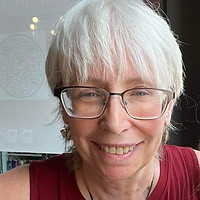top of page


Our
Practice
MEMBERS TRANSFORMING
EVERYDAY EXPERIENCE INTO
A BUDDHIST PRACTICE
Buddhism is not a fossil, a dry subject for academic investigation.
It is a vigorous, lively religion for active human beings.
Videos
All Categories

01:08:19

06:56

09:31

05:25

07:15

02:35

04:45
PODCAST

Mike Sonksen,
California
“Rissho Kosei-kai have helped me deal with difficulties so that I no longer panic when something happens that used to get to me.”

Jenn Maynard,
Connecticut
“RKINA and its members have already helped me to attain a greater clarity of mind that will allow me to deal with any future suffering that I may encounter in this life.”

Li Tushinde,
North Carolina
“After 45 years of practice, HERE, in Rissho Kosei-kai, I have finally found the Three Treasures: the Buddha, the Sangha and the Dharma.”

Betté Cruz,
Ohio
“The streets taught me how to survive, Rissho Kosei-kai taught me how to live.”

Mitsuyo Ikari,
Vancouver
We learn to be kind and compassionate to others in the midst of the rapidly changing world, and respect differences in others and see the equality in all of us at the same time.
bottom of page





